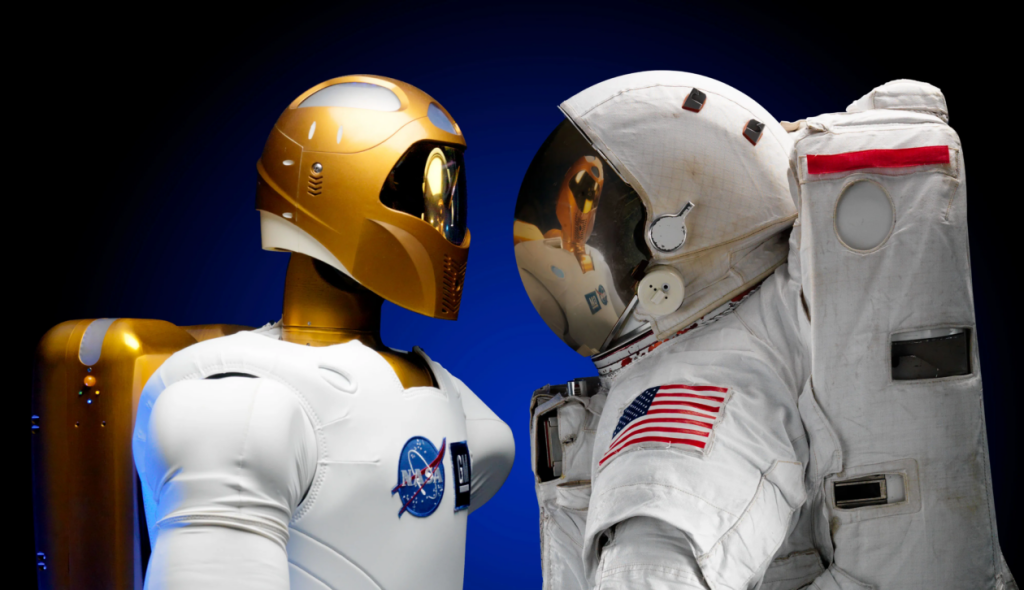In a recent panel discussion focusing on artificial intelligence and space ventures, James Burk, the executive director of the Mars Society, discussed the possibility of intelligent AI agents taking on the role of capsule communicator in future missions to space. Burk highlighted the potential for AI devices to follow crew members around on the moon or Mars, providing critical information and support. The intersection of AI and space exploration has long been a topic of interest, with examples from sci-fi such as HAL from “2001: A Space Odyssey” and the AI computers in the Star Trek saga and “Hitchhiker’s Guide to the Galaxy”.
AI is being used to help humans process and analyze the large amounts of data that are generated during space missions. This includes applications in atmospheric science and Earth observation data analysis. Companies like BlackSky and Microsoft are utilizing AI to assist in interpreting geospatial data from satellites and other sources. The discussion also touched upon the potential for generative AI to improve automation and efficiency in space operations, particularly in tasks such as satellite constellation management.
Cognitive Space, a Seattle-based company, is focused on using AI tools to track satellites in low Earth orbit. The company has set a goal to orchestrate a million intelligent machines across a multiplanetary system, leveraging AI to manage constellations of satellites and other objects in space. The panel also addressed the use of edge computing in space, with companies like Lumen Orbit planning to send data-center satellites into orbit to run AI models in space and downlink valuable data.
Recruiting talent for space projects, particularly in the AI field, can be challenging but also rewarding. The Mars Technology Institute, being set up by the Mars Society in the Seattle area, aims to prioritize AI projects and attract top talent interested in space exploration. Entrepreneurs in the aerospace industry discussed various challenges during Seattle Space Week, including the need for additional tax relief for research and development to support startup companies.
As Seattle Space Week continues with events like the Space Happy Hour and Spaceball night at the ballpark, the focus remains on the intersection of AI and space ventures. The potential for AI to blend into the background of space infrastructure as a powerful tool for data analysis and automation is a key theme. Looking ahead, advancements in AI could lead to sophisticated AI companions for space missions, providing critical information, support, and even companionship for astronauts on deep space missions. With ongoing developments in AI and space technology, the future of AI in space exploration looks promising yet challenging.


